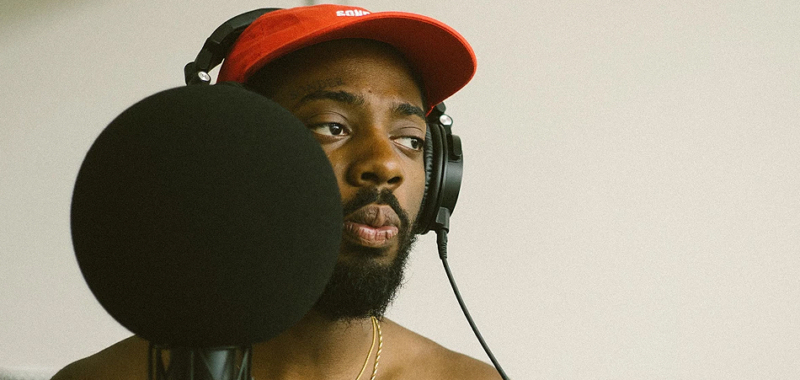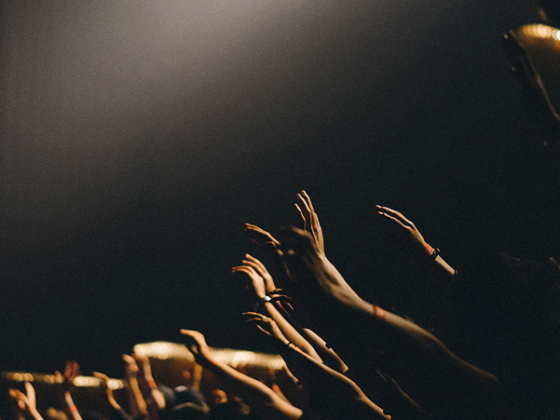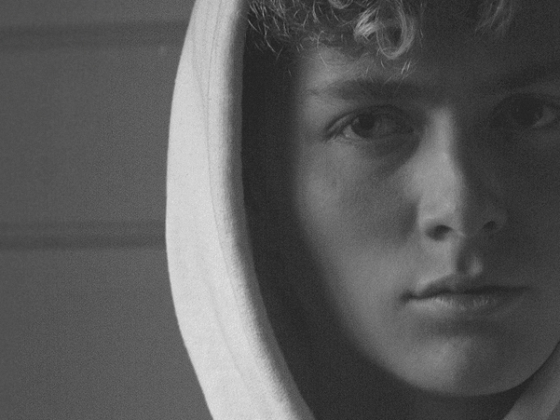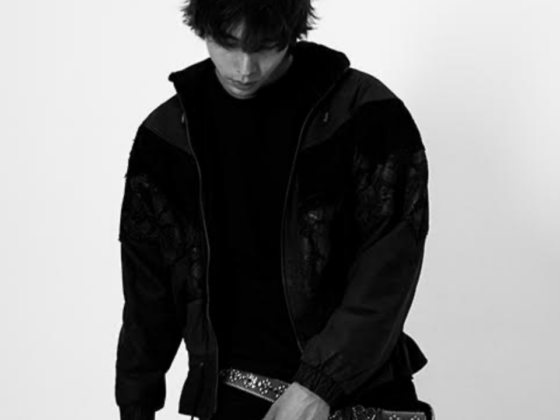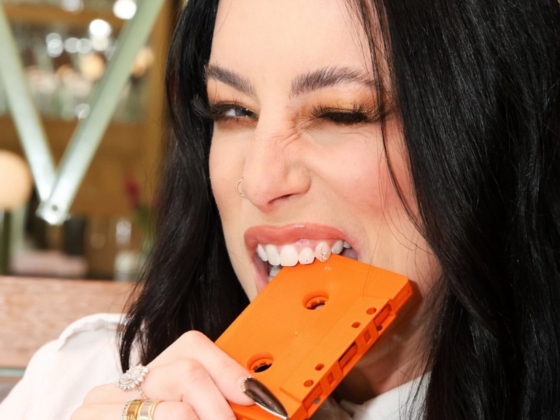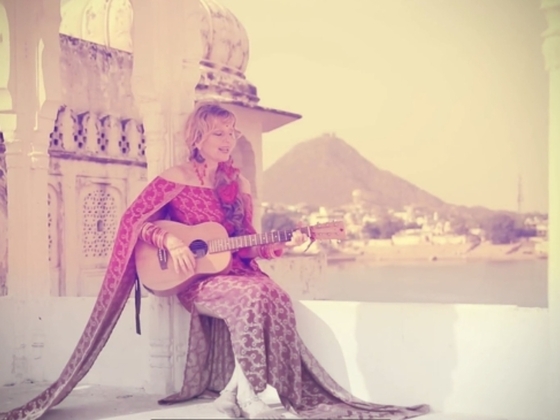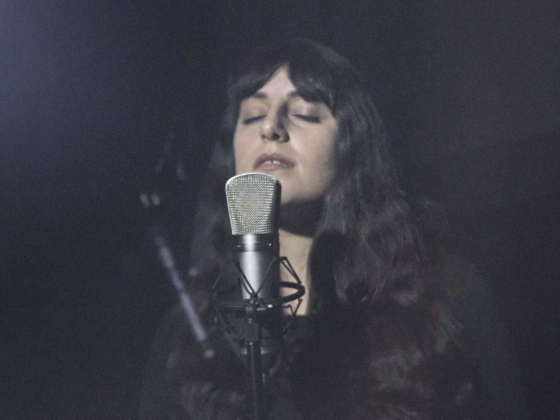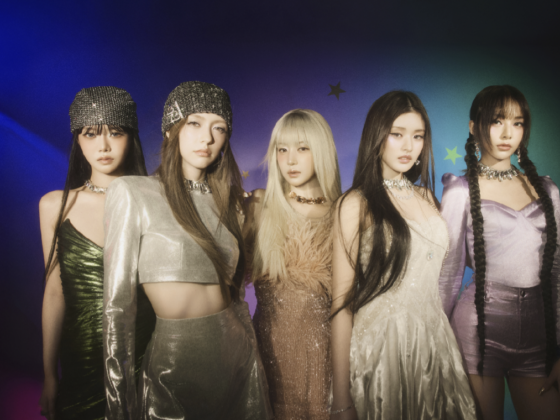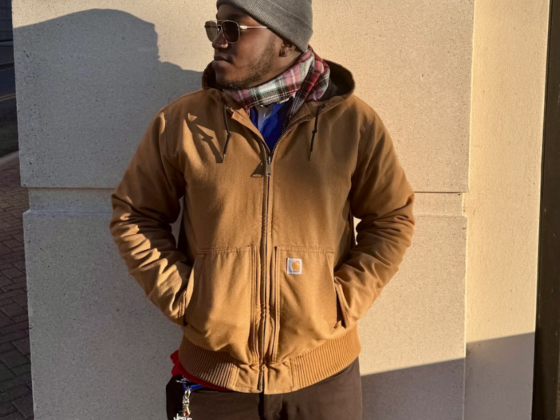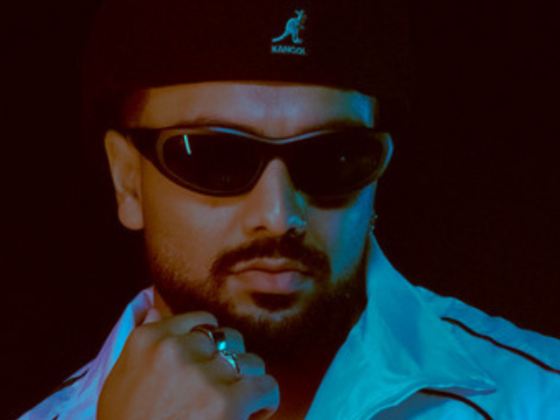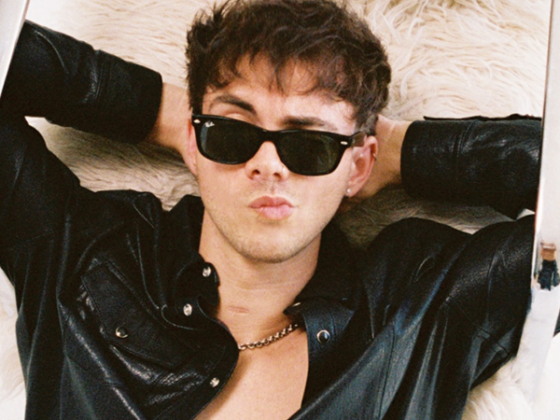With his solo debut LP, Sonder Son already reaching #5 on Apple Music's R&B charts, rising star Brent Faiyaz is already on the way for his golden pipes to someday go platinum. Already an acclaimed front-man for the neo-R&B group, Sonder. Brent has taken his talents solo to create a more personal identity germinating from his own life stories and experiences. We sat down with Brent to talk about his past, present, and future.
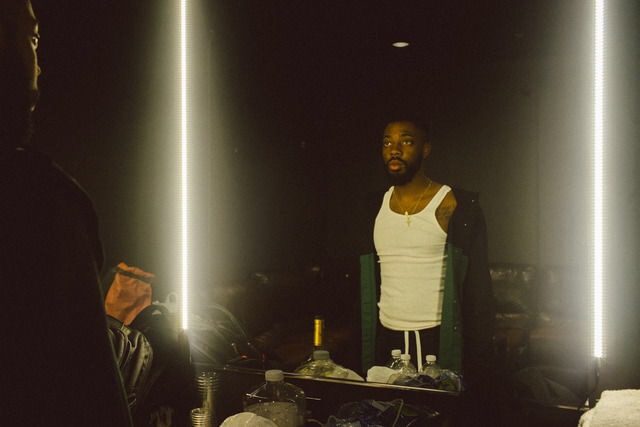
E: Brent thanks for sitting down with us. I want to start at the beginning. When did you first know that you could sing?
BF: "I might have been like 7 or 8. I wasn't thinking about being a singer or anything like that. It was just something I guess I knew I could do."
E: When did you know that this is what you wanted to do in life? To be an artist?
BF: "Maybe like 2 or 3 years ago"
E: Do you feel like now is the perfect time for you to bust out in the R&B scene?
BF: "Absolutely. I think there's a decline in traditional R&B. The way people are used to it sounding. There's so many people that rap and sing. It's kind of turned hip-hop and R&B into one genre. So I think now is the best time more so than an era where there were a whole lot of more strictly R&B artists out there."
E: Agreed. It's almost as if a lot of contemporary pop music now is just a combination of hip-hop and R&B. When you were coming up who were some of the artists when you were younger that really influenced your sound now and made you feel like "Hey this is the path for me."
BF: "Michael Jackson. Lauryn Hill. There's a lot of artists man. D'angelo. Stuff that was in my house. A lot of Anita Baker. Sade."
Brent is the lead vocalist for red-hot au courant R&B group, Sonder along with Atu and Dpat. Their inaugural EP, Into, came out in January of this year. I was very curious to find out why Brent wanted to go straight into his solo project just over half a year later.
E: So the Sonder record came out pretty recently. Your record came out even more recently. How would you in your own words define how a Sonder record is different than a Brent Faiyaz record and what made you decide this was the right time to branch out and start your solo path?
BF: "With the solo records it's like they're not exclusive to Dpat and Atu so I could work with any producer. In content as well. Just a lot of the records from my solo project are going to be more personal. The process is a lot more cathartic for me as oppose to it being a collaborative effort. When I'm in with Dpat and Atu doing a band project you have to see what everybody likes about everything but with your solo stuff you can just do whatever you feel."
Sonder's Son begins with a skit of of Brent's mom yelling at him for getting bad grades. Brent mentioned before that his relationship with his mom was a massive influence on the project.
E: I know you've spoken publicly before about how this record was meant to show your connection with your mom? Can you elaborate on that a little bit more?
BF: "Yeah so naturally like when you're young and you're growing up like the first memories you have are of your mom and as you get older and you transition into being an adult your relationship with your mom will strain. That's definitely a topic that I touched on a lot. I definitely has a lot of arguments with my mom being in music and everything like that."
E: Did she want you to take a different path and do you feel like now she's come around?
BF: "Of course! They always do. Yeah she's my biggest fan at this point. She's gone to a few shows."
E: That's great! Sometimes the people who have known you longest can be the harshest critics. I want to talk about your writing process. What frame of mind do you feel like you write best in? When you're going through a struggle or coming out of a struggle? When life is going good? Since tends to come in waves at which point in your energy do you feel as though you have the most creativity flowing?
BF: "You know for the longest time I felt like if I was happy I wouldn't be able to make the best music. I feel like if everything is going good and everything is so content you won't really feel the need to work as hard as you can in certain aspects. As of lately with this last project it's been when I'm coming out of something. Once everything is going good I've been able to do a lot more. So it changed. It definitely changed."
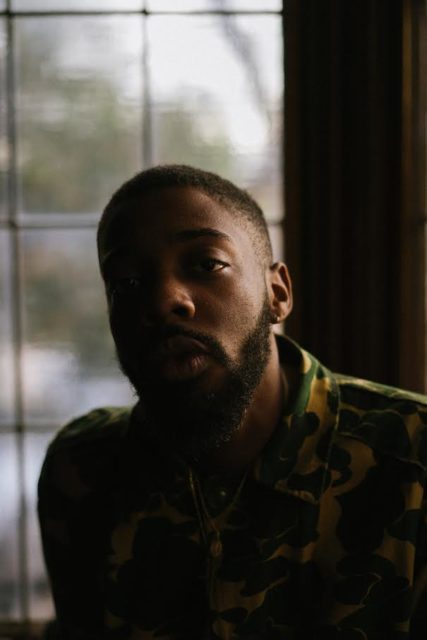
E: So the creativity is better when you're sort of emerging from a negative mindset?
BF: "These days yeah. It's easier to write when looking at things in retrospect as oppose to when you're going through it. I had to learn that over time."
E: It sounds like a more stoic approach to the ups and downs of life has enabled you to write more concisely and say exactly what you mean to say. I recently went to your [Sonder] show and I was really enthralled with your visuals and how you guys are really great visual artists. I know you've spoken before about how you're a huge film fan. What movies or directors inspire you and Sonder's visual identity?
BF: "We only have one video for "Too Fast" which was directed by Noah Lee. When we were originally going through how we were going to approach it one director that was our favorite was Tarantino. Anything you see bloody that's from Tarantino. I really like Scorsese and Steven King because they leave an imprint on your mind after you're done watching their films."
For this album Brent took his entire production team and recorded in the Dominican Republic. I thought this was an interesting approach to move his out of operation from the music mecca of Los Angeles where he normally works out of. Brent talked about the effect this move had on the final product.
E: So you just recorded this album in the Dominican Republic. What made you want to take your entire studio and everybody and start working down there and do you think culturally it influenced the sounds of the album?
BF: "My family on my Dad's side are from the Dominican Republic. We came up in Maryland so I thought the DR would be a nice place to do it. I'd catch some different vibes. So we did it there. And absolutely with the sound and stuff we listened to. We wouldn't have been able to make the project we made if the environment wasn't so serene. It was a beautiful experience. it was natural to just be able to wake up and go swimming and record. Interacting with the people was special too."
E: Nice. What's your fascination with guitar? You use it a lot on this album. Did that stem from the Dominican influence?
BF: "I think it's just the easiest for me to come up with melodies for me. I think the guitar is so flexible. It dances around. It's easiest for me to write with. That and the bass. The bass line is another one."
E: Yeah I really like the tracks that employ the guitar. I want to end by having you kind of put into words how you think you've been able to make a successful career so far. What kind of habits have you picked up along the way that got you to this point and kind of aided you in your creative process? What kind of habits have helped you stay focused and made sure you stayed putting out music?
BF: "For the longest time I did everything myself. When it came to recording music and writing music I never really waited for anybody to send me some beats or give me studio time. I just kind of did everything on my own. Until it got to the point where I did have people around me and it was easy for them to facilitate and for me to communicate with them if I was used to that world. So if I got in with a producer I knew I could speak that language. If I'm talking to a graphic designer about cover art I know how to speak that language because these are things that I was doing on my own. If anything the further I've gotten into it the easier my job has gotten."
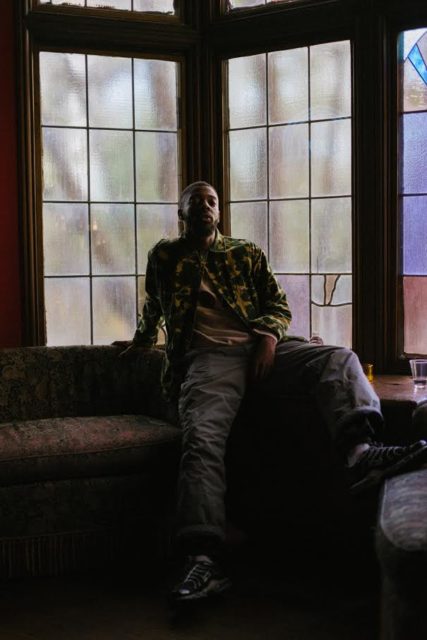
E: Wow that's actually quite insightful that you could work faster because to start our you had your hand in everything. Now can you dive into your writing process? Does it start with an idea? What kind of things to you take inspiration from? How long does it take for you to get in the studio and write the lyrics after catching that spark?
BF: "Inspiration can come from anywhere. It could be from the day I had today or me talking to you or that plant right there. It can really come from anywhere. Just general conversation. I think everybody's brain is like this where we take certain things from certain conversations or things we experience and our brains latch onto it and we don't even know we were soaking this up until it’s time to let something out. I feel like a lot of songs are really just writing themselves. It's not like I'm sitting down and thinking super hard about it. It's just natural. Now typically the song will start with me writing on the guitar or some music. I don't really write over full beats. That's not really how we do that. I'll have a bass line in my head or some keys and I'll play it out and write on top of that. Then my producers will come in and build a song around it. It starts real solo for the most part"
E: Branching off of that train of thought how do you know when a record is done? Like how do you know when to turn it in and move on?
BF: "It's just a feeling. It can sound done to everyone but I'm like "Nah it's not done." Or it can seem finished to me but everybody is like "No it's not done." So it's just a feeling you get. I guess there's a certain chill that you get when it's a finished song and you can’t do anymore with it."
Although his debut album may be done, Brent definitely is not. Talking to Brent was as enriching as it was refreshing. Through our conversation it became clear that R&B was in good hands with both Brent and Sonder. Brent's got his first solo tour coming up and he mentioned it's about to be absolutely massive.
Catch him on tour:

Connect with Brent Faiyaz: Facebook | SoundCloud | Twitter | Instagram
Photos by @markpeaced

